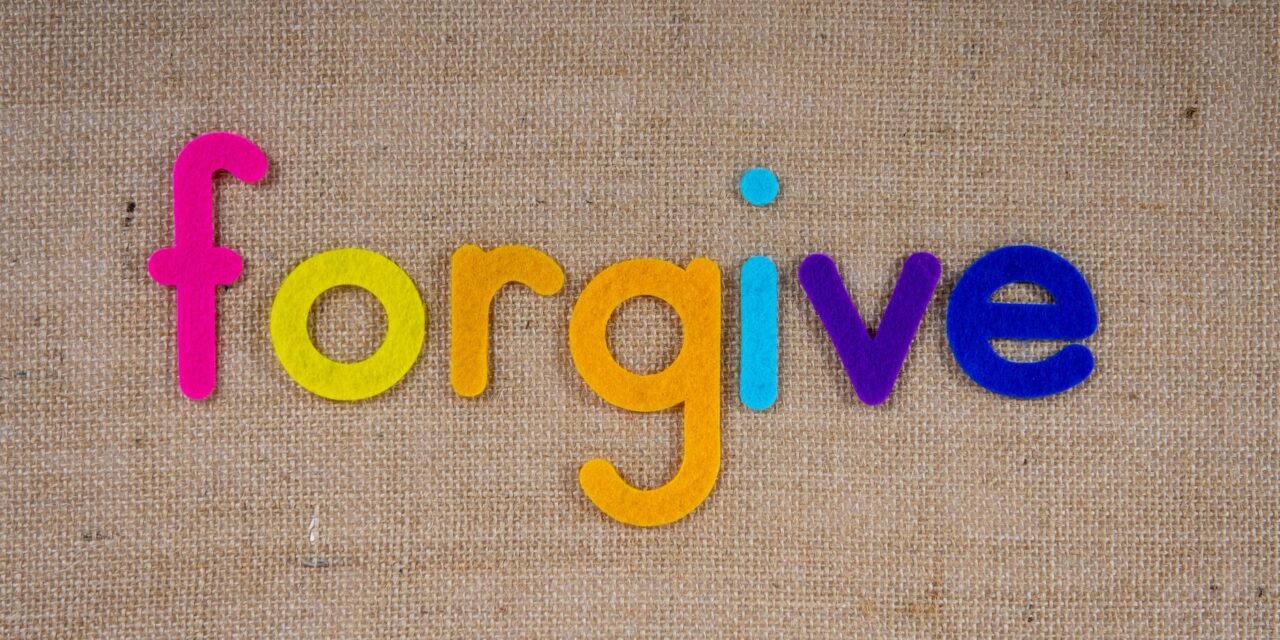In the teachings of Islam, forgiveness is considered a virtuous act that holds immense significance. The Quran and Hadiths (sayings and actions of Prophet Muhammad, peace be upon him) emphasize the importance of forgiving others and highlight the numerous benefits associated with this noble quality. Let’s explore the wisdom behind forgiveness as outlined in Islamic scriptures.
Forgiving Others in the Quran: Allah encourages believers to forgive and show patience in the face of annoyance. Several Quranic verses emphasize the virtue of forgiveness:
- “Who spend [in the cause of Allah] during ease and hardship and who restrain anger and who pardon the people – and Allah loves the doers of good” (Al ‘Imran 3:134).
- “If [instead] you show [some] good or conceal it or pardon an offense – indeed, Allah is ever Pardoning and Competent” (An-Nisa 4:149).
- “And if you punish [an enemy, O believers], punish with an equivalent of that with which you were harmed. But if you are patient – it is better for those who are patient” (An-Nahl 16:126).
- “And whoever is patient and forgives – indeed, that is of the matters [requiring] determination” (Ash-Shura 42:43).
- “But if you pardon and overlook and forgive – then indeed, Allah is Forgiving and Merciful” (At-Taghabun 64:14).
Hadiths about Forgiving Others: Prophet Muhammad (peace be upon him) further emphasized the rewards of forgiveness in various Hadiths:
- “Charity does not decrease wealth. No one forgives, but Allah increases him in honour, and no one humbles himself before Allah but Allah raises him in status” (Muslim 4689).
- “There is no man who suffers an injury to his body, then he forgives [the one who caused it] as an act of charity, but Allah will absolve his sins commensurate with the extent of his charity” (Ahmad 21643).
- “There are three things concerning which, by the One in Whose Hand is the soul of Muhammad, I would certainly swear an oath: wealth does not decrease because of charity, so give charity; no man pardons another for some mistreatment, seeking thereby the pleasure of Allah, but Allah will raise him in status thereby” (Ahmad 1584).
Forgiveness in Action: Abu Bakr’s Exemplary Conduct: The actions of Abu Bakr, the close companion of Prophet Muhammad, serve as a powerful example of forgiveness. During the slander incident involving his relative Mistah, Abu Bakr initially decided to cease financial support. However, upon Allah’s revelation urging forgiveness, Abu Bakr resumed his support, demonstrating the true essence of forgiveness and compassion (An-Nur 24:22).
Also Read: All You Need to Know About Abu Hanifa
Reacting to Annoyance and Mistreatment: To endure annoyance and mistreatment, Muslims are encouraged to reflect on their own shortcomings and seek Allah’s forgiveness. The Quran reminds believers to treat others as they wish to be treated and promises a high status for those who forgive (Ash-Shura 42:40).
Also Read: 11 Benefits of Sadaqah [7th is a Secret]
Freeing the Heart from Grudges: To free the heart from grudges, sincerity towards fellow Muslims is essential. The Prophet (peace be upon him) highlighted the importance of sincerity and maintaining a pure heart, free from sin, injustice, rancour, and envy (Ibn Majah 4216).
Also Read: Top Islamic Books To Have in Your Home
Conclusion: In Islam, forgiveness is not merely an act of charity but a reflection of sincerity, patience, and compassion. Embracing forgiveness elevates the believer’s status and brings about Allah’s mercy. As Muslims, let us strive to embody the teachings of forgiveness, purify our hearts, and seek the reward promised by the Most Merciful.







Recent Comments